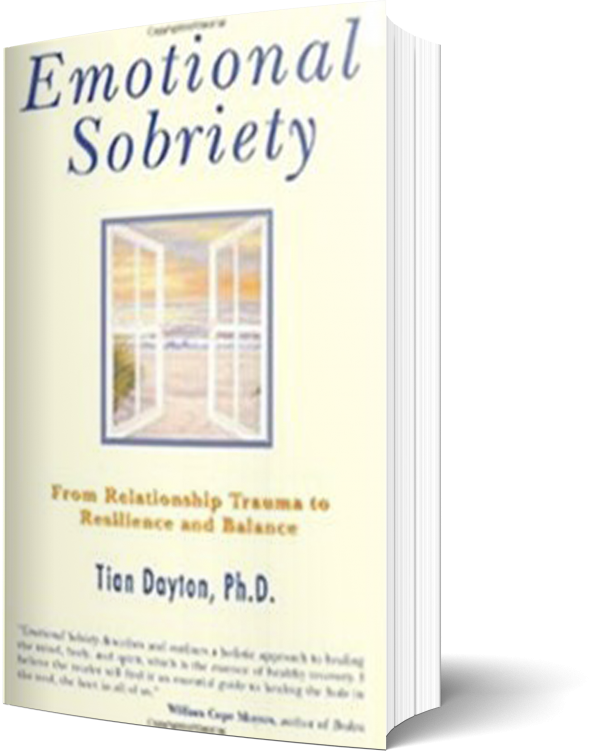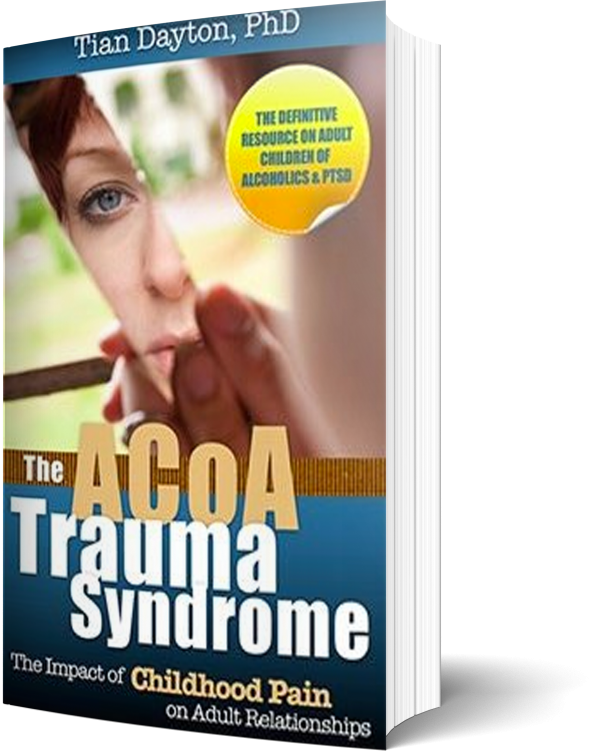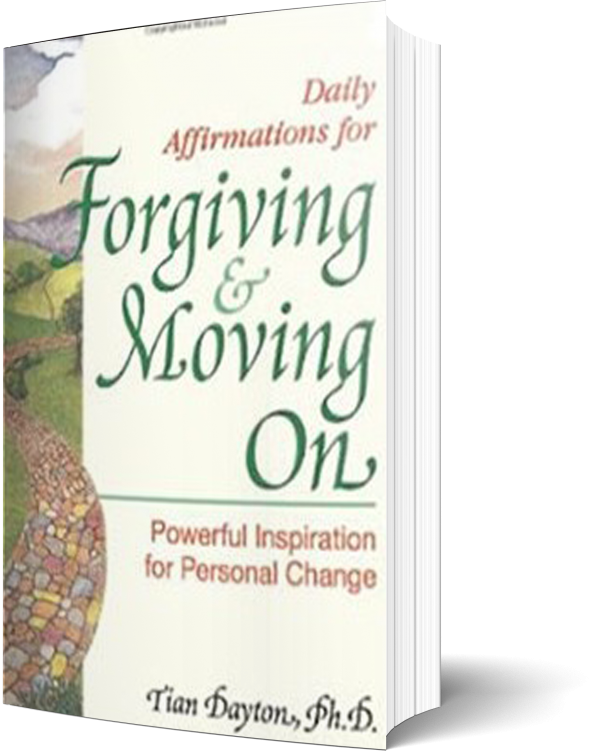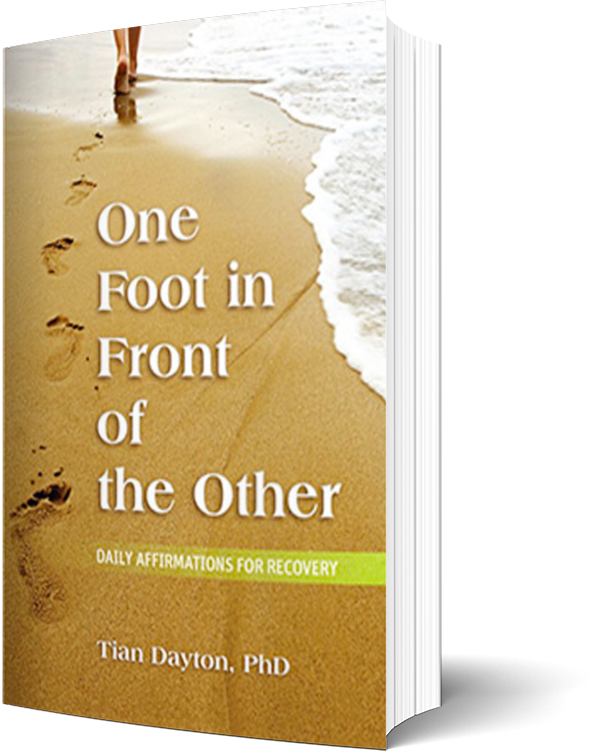The key question isn’t “What fosters creativity?” But it is why in God’s name isn’t everyone creative? Where was the human potential lost? How was it crippled? I think therefore a good question might be not why do people create? But why do people not create or innovate? We have got to abandon that sense of amazement in the face of creativity, as if it were a miracle if anybody created anything.—Abraham Maslow
Creativity is often times seen as the province of artists but this is a dangerously limited vision of what it actually is. Creativity gives us the ability to envision what we want to happen in our lives and to imagine what steps we might take to actualize our vision. It allows us to combine and recombine our knowledge in order to come up with novel approaches to anything from what to do with an empty day to how to lay out a five year plan.
Creativity Exercises the Brain
The part of the brain that can envision and play with mental constructs is the prefrontal cortex or the thinking/planning/reasoning part.. The prefrontal cortex might be seen as the brain’s CEO as it manages complex brain interactions. Though creativity is often times seen as the province of the right brain, we need the prefrontal cortex to, in the blink of an eye, synthesize our experience and make high level and symbolic meaning of our life activities.Out “thinking brain” allows us to play with, order and reorder the visions and emotional impulses coming to us from deeper regions of the brain and weave them into a coherent and usable template or picture.
Novel Thinking
Creative innovation is “the ability to understand and express novel orderly relationships,” says Dr. Kenneth Heilman, Professor of Neurology and Health Psychology at University of Florida’s College of Medicine “ In order to come up with these novel approaches, the trick is to get parts of the brain to interact that don’t normally interact, divergent thinking is a critical element of creativity,” he said. To be creative, people need to break away from and reexamine what they have been taught to believe Divergent thinking is our ability to follow increasingly different or separate paths of reasoning and imagining. The ability to mingle thoughts balancing one against the other, to order, reorder, throw them up if the air and mage still new senwe of them as thay fall, is cr}cial to the creative process.
Two components indispensable to divergent thinking appear to be a certain detachment along with the ability to develop alternative solutions. To arrive at a creative solution to a persistently unsolvable problem an individual just often change the method by which he or she has already attempted to solve the problem — in other words, think outside the box.
Templates: From Old to Nes Paradigms
Templates play a key role in creativity. We need to know the rules, but then we need to know when to break free of them. Picasso is a perfect example of an artist who had complete mastery over line and form. If you look at his early work, he had all the skill of the great draftsmen of the nineteenth century, his ability to draw a human face was dazzling. This may be why, when he took all of these elements and distorted them, moved them about in order to reflect accurately an inner experience of self he was so stunningly successful.
Templates help keep people’s attention and provide a secure base from which to move out. Even large departures from what is normally expected are often the juxtaposition of familiar elements brought together from different contexts. This allows the audience or anyone looking at, listening to or participating in someone’s “creation” to safely stay anchored in what they know as they follow the mind of the artist who is creating something new. The “unexpected,” novel or even hidden symmetries and previously accepted templates that we discover as we view or listen to a work of art are our source of pleasure as we enjoy and participate in the artist’s creative flight.
Creativity is a way to nourish the spirit, to create release and relief, it reaches far beyond the realm of art and into ordinary life. The ability to think creatively about how to live each day can allow us each to bring our artist self into our day to day lives.





